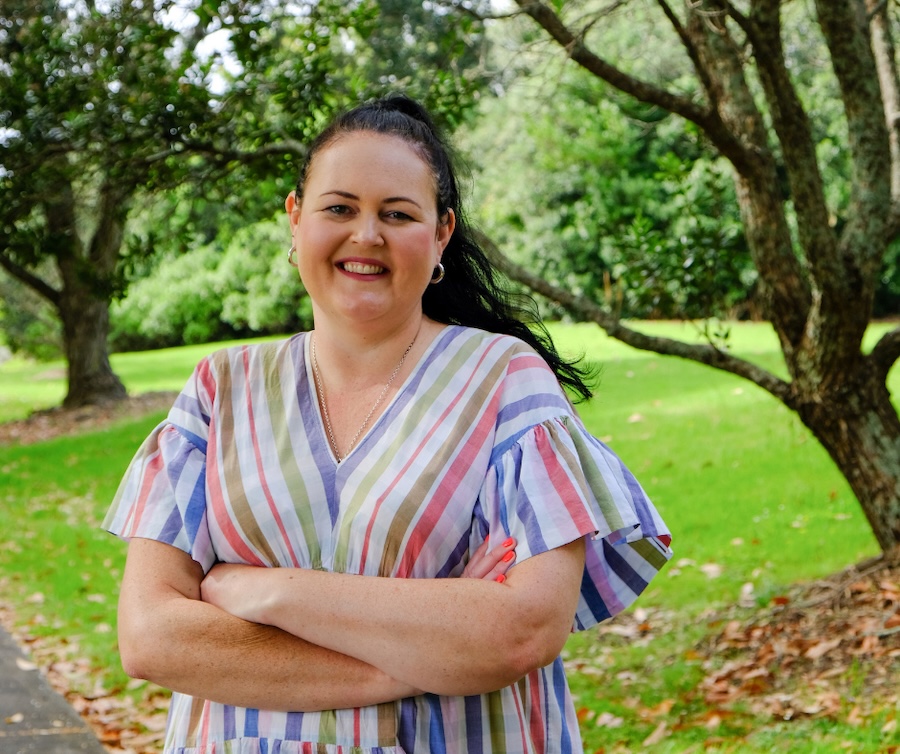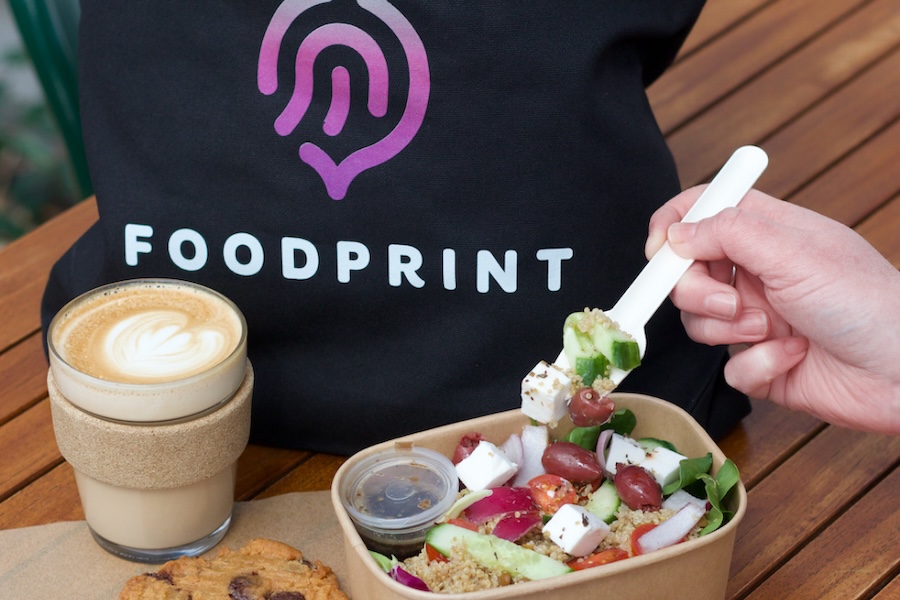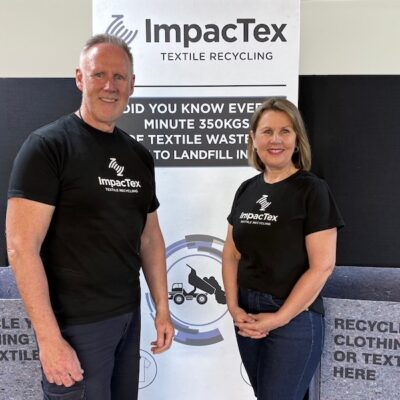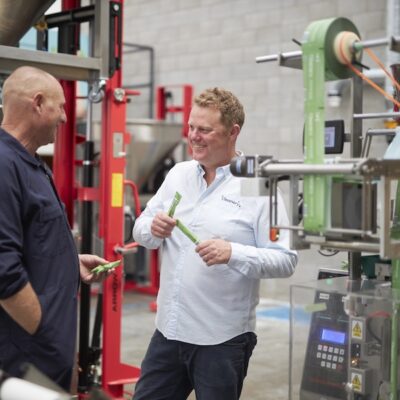Belt-tightening increases appetite for food rescue
Pictured above: The Foodprint app allows businesses to sell surplus and imperfect food at a discount rather than sending it to landfill.
As household budgets tighten, food rescue app Foodprint is helping Kiwis save money and reduce waste. Founder Michal Garvey shares how the platform is supporting local eateries, cutting emissions, and reshaping sustainable eating across New Zealand.
The cost of living crisis squeezing New Zealand households has created opportunities and challenges for food rescue app Foodprint.
The platform connects eateries with customers, allowing businesses to sell surplus and imperfect food at a discount rather than sending it to landfill. What started in Auckland in 2019 with cafés and bakeries has grown to 190,000 users and more than 600 outlets across the country.
Foodprint Founder Michal Garvey says recent economic pressures have transformed both sides of Foodprint’s marketplace.
“With the cost of living crisis, customers are buying from their locals more sporadically based on their financial situation week to week,” says Michal.
“That’s hurting businesses and creating more potential for waste because they are producing based on previous demand.”
For businesses facing reduced foot traffic, Foodprint offers a way to retain value in food that might otherwise be wasted, while generating an additional revenue stream. Michal has kept Foodprint’s margins low to ensure as much money as possible flows back to the businesses.
Michal says the app is also helping budget-conscious customers.
“We regularly get messages from customers saying money is “super tight” and they’re grateful the app lets them enjoy food from local businesses they want to support.”
Matching supply with demand when both are constantly fluctuating is challenging, says Michal.

The food available on Foodprint changes throughout the day, by season and across regions. For example, a bakery may have cleared its cabinets by 1pm one day, but still have shelves stocked at the same time the following day and that’s where Foodprint steps in to support them.
“We work hard to ensure that there is a variety of food on the app at all times in all regions so that there’s something for everyone.”
Over the past 18 months Foodprint has expanded beyond its original focus on short shelf life food. It now offers meat, fruit, vegetables and other ingredients from refilleries, food wholesalers, green grocers and supermarkets. It is partnering with Four Square stores in Auckland, Wellington, Waikato, Bay of Plenty and is looking to expand to other regions in the near future.
“People can actually do a large portion of a grocery shop via the app, so long as they’re happy to be flexible with what they are purchasing.”
Despite these challenges, Foodprint is rescuing thousands of food items weekly. Diverting food from landfill has prevented an estimated 320 tonnes of emissions since the business launched in 2019.
“To stay true to our cause, the app calculates for customers and eateries how much money, food and emissions they’ve saved through food rescue.”
Michal, who previously worked at a global meal kit service in London and in hospitality jobs where she had to throw out food, says she always knew she would start a business. Foodprint channelled her frustration about wasting perfectly good food into her passion for sustainable food systems.
Foodprint is run by a team of six based in Auckland. It covers Auckland, Waikato, Bay of Plenty, Wellington, Nelson, Canterbury and Otago and plans to expand into other regions.
“We’re only working with a fraction of our target market. Our capacity for scale is yet to be reached.”
In 2018, University of Otago research found cafes and restaurants generated more than 24,000 tonnes of food waste each year, of which 61 percent is avoidable. Other research by the University of Otago in 2017 estimated more than 23,000 tonnes of food waste was generated annually by supermarkets.
Foodprint is part of the Sustainable Business Network and is in the Next list of innovators, entrepreneurs, projects and organisations that are finalists in the 2025 Sustainable Business Awards. Michal Garvey will be speaking at the Next Fest running from 18-21 November.







